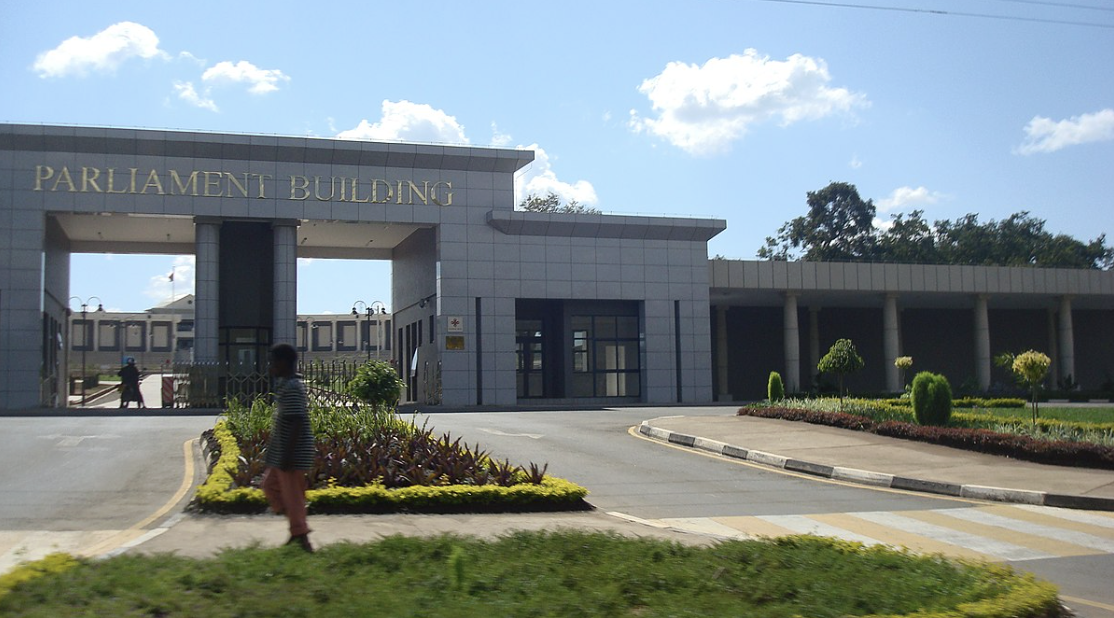News

In April 2025, AFIDEP, in collaboration with the Ministry of Health (MoH), convened a landmark meeting that brought together parliamentary committees on health, budget, and legal affairs. The purpose was to deliberate on evidence for fast-tracking health financing reforms and mobilizing more domestic resources for a resilient healthcare system.
The Malawi MoH had already developed a comprehensive Health Financing Strategy (2023–30) that outlined resource mobilisation and efficiency reforms for the Health Sector Strategic Plan III. Progress had been made on initiatives such as the autonomy of central hospitals and direct facility financing. However, slow movement on critical reforms including establishing a Health Fund, introducing mandatory health insurance, and passing health financing legislation necessitated urgent parliamentary engagement.
Unique role of parliamentarians
The meeting stood out because parliamentarians did not just listen but actively interrogated progress and committed to action. Hon. Gladys Mkanda, Chairperson of the Budget Committee, explained:
“The meeting not only updated us on the progress of the health reforms…but rather allowed us to interrogate the reports and follow up on the health reforms, policies and programmes the government promised to implement.”
For the first time, health financing leadership from the Ministry of Health and chairpersons of parliamentary committees – legal, budget, and health – engaged collectively. Hon. Dr. Albert Mbawala, Chairperson of the Legal Committee, emphasized the unique focus of this engagement:
“It’s not a general thing, it’s specific to the need at hand, targeted at people directly affected by these issues. Yes, the whole Parliament is here.”
Parliamentarians also recognized their responsibility to take the reform message back to their constituencies to prepare citizens for changes ahead.
Elevating advocacy and breaking barriers
The dialogue broke long-standing suspicion between Parliament and the Executive (Ministry of Health). Hon. Dr. Mathews Ngwale, Chair of the Health Committee, reflected:
“We are always suspicious of the executive, and they are suspicious of us. But this gathering has brought us together and made us discover that we agree on almost everything.”
The Ministry also gained confidence from the positive reception of parliamentarians. Dr. Martias Joshua, Chief of Health Services – Reforms, described the meeting as:
“like testing the water. You want to see if you implement the change, will there be a backlash? And it becomes easy to implement a policy that has been accepted.”
Instead of resistance, parliamentarians expressed political will to support the reforms. As Dr. Ngwale noted:
“They thought that we were going to bombard them with lots of questions. But there’s a political will to support the reforms.”
This renewed momentum was especially critical after the decline of overseas development assistance, including USAID’s withdrawal. Hon. Dr. Mbawala underscored the urgency:
“We’ve been in the comfort zone for so long and haven’t been proactive enough, and now what Trump has done is a real threat.”
Key government commitments following parliamentary engagement
The direct involvement of parliamentarians elevated advocacy efforts to the highest political level. As a result:
- Presidential commitment: The Government, through the President, committed to establishing a Health Fund after the September 2025 elections. His Excellency Dr. Lazarus McCarthy Chakwera, during the opening of the Cancer Center, on 3rd July 2025, stated: “One of the key initiatives that I am preparing to put in place in collaboration with Malawians soon after the election is the establishment of the National Health Service Fund, which will independently generate additional resources for speedy procurement of equipment, repairs, medicines for health facilities”.
- Legislative integration: The Law Commission formally adopted health financing provisions in the Public Health Bill, which will be tabled in Parliament after the elections.
Conclusion
This engagement marked a decisive step in translating evidence into policy change by leveraging the influence of parliamentarians. Their active participation bridged the gap between technical reforms and political endorsement. It resulted in strong government commitments, ensuring that health financing reforms once stalled are now positioned to move forward with political backing, legislative integration, and grassroots preparation.
“Here we are already talking about the Ministry doing their part and bringing the bills to parliament so that we can pass them as quickly as possible,” concluded Hon. Dr. Ngwale.

